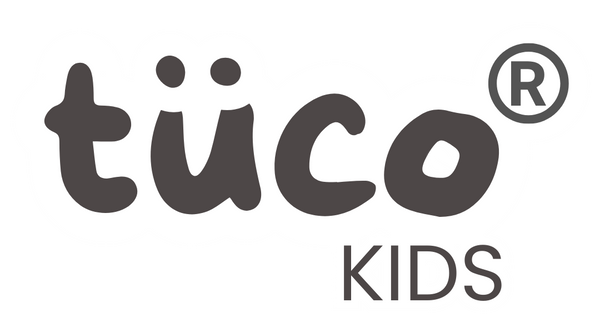
Tongue Twisters for Kids: How Fun Word Games Build Speech and Confidence
Language is one of the most powerful tools children develop in their early years. It’s how they express themselves, share ideas, and build confidence in social settings. Among the many ways to strengthen language skills, tongue twisters are one of the simplest, most enjoyable, and most effective. They turn speech practice into a game; one that’s filled with giggles, challenges, and learning. Incorporating tongue twisters into daily routines can transform mundane activities into fun learning experiences. Additionally, families can explore various creative play ideas for families that not only enhance language skills but also foster bonding time. By making language development an enjoyable and engaging process, children are more likely to thrive in their communication abilities.
What Are Tongue Twisters?
Tongue twisters are short phrases or sentences designed to be difficult to say quickly and correctly because of repeated sounds, tricky word patterns, or similar syllables. Think of them as a playful workout for the mouth and brain. For example:
“She sells seashells by the seashore” — sounds easy, but try saying it five times fast without stumbling!
Children often love tongue twisters because they sound silly and fun. But behind that laughter, something powerful is happening: they are strengthening their speech clarity, pronunciation, and verbal confidence — all while having fun.
How Tongue Twisters Help in Early Speech Development
-
Improved Pronunciation:
Repetition of similar sounds trains the tongue, lips, and jaw to move in coordinated ways. This helps children pronounce words more clearly and reduce common speech errors.
-
Better Articulation and Fluency:
Practicing tricky phrases enhances muscle memory for speech, improving how quickly and smoothly kids can form words and sentences.
-
Early Correction of Speech Issues:
For children who struggle with specific sounds (like “r,” “s,” or “th”), tongue twisters are a playful way to correct pronunciation without making it feel like a lesson.
-
Boosts Memory and Concentration:
Trying to remember the correct order of sounds or words is a brain workout. Over time, this helps improve short-term memory and focus — essential skills for reading and language learning.
-
Confidence in Speaking:
Mastering a challenging tongue twister gives kids a sense of achievement. This builds verbal confidence, which often translates into better communication skills in school and social settings.
Confidence Comes from the Inside — and the Outside
Speech is just one part of a child’s confidence. How they feel about themselves including how they see their skin, hair, and hygiene also plays a big role. When children learn to care for their bodies and maintain healthy skin and hair from a young age, they carry themselves with more assurance. Good grooming habits, regular skincare, and gentle hair care routines teach self-respect and help children feel ready to engage confidently with the world.
This is why it’s important for parents to nurture both strong language skills through fun games like tongue twisters, and healthy self-care habits that support their child’s overall confidence.
Fun Tongue Twisters for Kids (Easy to Hard)
Here’s a list of kid-friendly tongue twisters you can try at home starting with simple ones for beginners and working up to more challenging phrases:
Easy Level
-
“Red lorry, yellow lorry.”
– A great one for younger children to practice their “r” and “l” sounds.
-
“Kitty caught the kitten in the kitchen.”
– Builds clarity and speed with similar-sounding words.
Medium Level
-
“Fred fed Ted bread and Ted fed Fred bread.”
– A fun challenge for early readers to work on word order and rhythm.
-
“A proper copper coffee pot.”
– Teaches crisp pronunciation of “p” and “c” sounds.
Hard Level
-
“She sells seashells by the seashore.”
– A classic that improves articulation and pacing.
-
“If two witches would watch two watches, which witch would watch which watch?”
– A tough but fun twister that strengthens focus and memory.
How to Make Tongue Twisters a Daily Habit
-
Practice together: Turn it into a family challenge where everyone tries to say the twister faster each time.
-
Use it as a warm-up: Say a few tongue twisters before reading or storytelling sessions to make learning more engaging.
- Record and replay: Let kids hear how they sound and track their improvement over time.
Tongue twisters are more than just silly sentences, they are powerful tools that build language skills, memory, and confidence. They remind children that learning can be fun, and progress doesn’t always have to feel like hard work.
Combine these playful speech exercises with healthy daily habits like skincare, hair care, and hygiene, and you give your child the complete foundation for confidence inside and out. It’s these small routines that shape how they see themselves and how boldly they express their ideas to the world.

